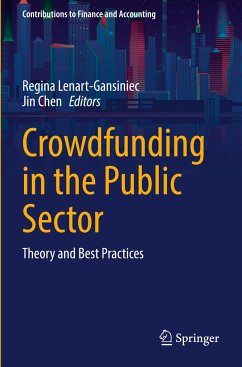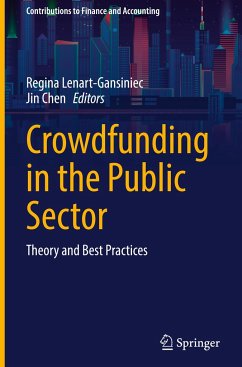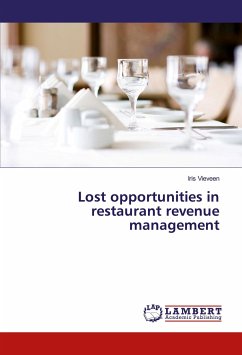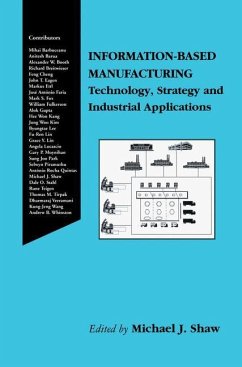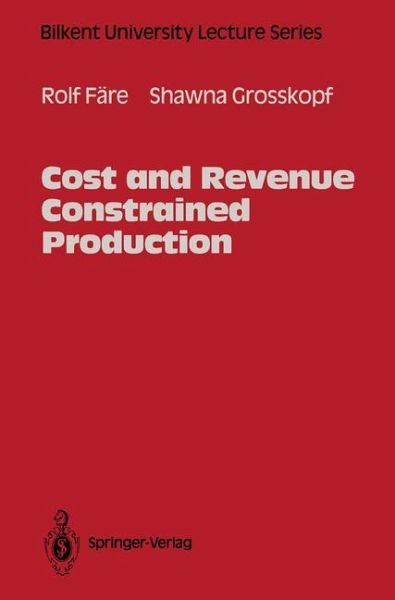
Cost and Revenue Constrained Production

PAYBACK Punkte
19 °P sammeln!
The basic notion underlying this monograph - budget or revenue constrained models of production - we owe to Ronald W. Shephard, who recognized its fundamental importance in modeling behavior in a wide variety of settings including the service and public sector. Our endeavor here is to extend Shephard's earlier work in several directions while maintaining his axiomatic approach. Our contributions include an expanded set of duality results and a general bent toward empirical implementation: including various parameterizations, applications to efficiency and productivity measurement, and shadow p...
The basic notion underlying this monograph - budget or revenue constrained models of production - we owe to Ronald W. Shephard, who recognized its fundamental importance in modeling behavior in a wide variety of settings including the service and public sector. Our endeavor here is to extend Shephard's earlier work in several directions while maintaining his axiomatic approach. Our contributions include an expanded set of duality results and a general bent toward empirical implementation: including various parameterizations, applications to efficiency and productivity measurement, and shadow pricing. We hope to provide those engaged in empirical work with some powerful and useful tools which have received relatively little attention. The nature of the material in this monograph is somewhat technical, however, the level of mathematical difficulty is standard. Although we have tried to keep the monograph fairly self-contained, we have also kept technical detail to a minimum in the body of the text. Many technical extensions appear as problems at the ends of Chapters. The reader is also referred to the notes at the end of each chapter for references to additional literature. A prepublication draft of this manuscript was used as lecture notes in a graduate course in production theory at the Department of Economics at Bilkent University. We thank our students as well as faculty members for their patience and interest. Special thanks go to Dean Togan, Zeynap Koksal and Ali Dogramaci for making our stay in Ankara not only productive, but also enjoyable.







